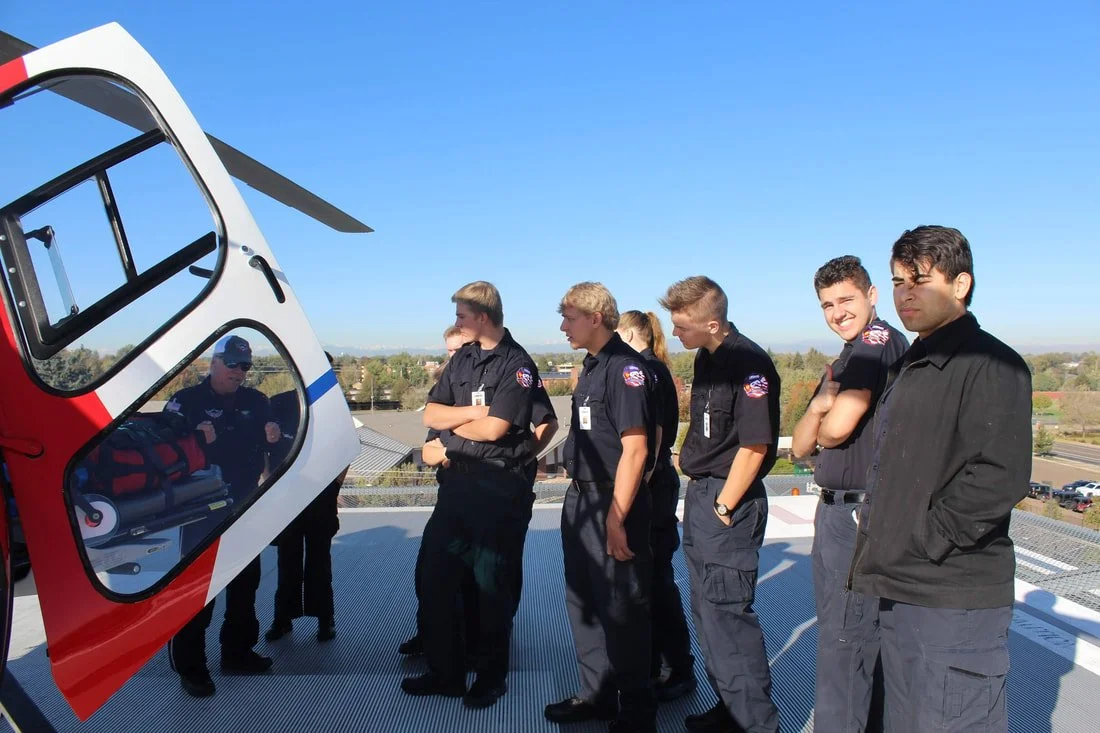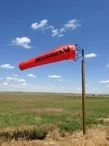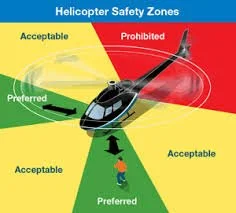Safety Is Our #1 Priority
Landing Zone Training
Why provide landing zone training?
Simple. To make sure that your team is safe, efficient and to make your critical calls run smoother. It is important that your crew is educated in selecting and preparing landing zones, communicating with the pilot, patient preparation, loading of patients and powering down the aircraft in the event of an emergency.
Requesting Landing Zone Training
Med Evac would be happy to provide your agency or facility with hands on landing zone training. We provide the service annually to a lot of hospitals and EMS/Fire agencies within our service area free of charge. The training usually consists of a lecture component followed by hands on training with one of our medical helicopters, weather permitting. Please, use the link to the right, or feel free to call, to request LZ training for your department.
Or call
1-800-247-4357
Request your Med Evac safety poster today!
We are pleased to offer agencies within Med Evac’s response area a safety poster to display at your facility or agency. The poster provides useful tips and reminders for operating safely around an aircraft.
Do you have a windsock?
Does your facility have a windsock? Is it in good condition? Windsocks can help our pilots land and take off safely while visiting your facility. Please contact us if you would like to acquire one.
Approaching The Aircraft
As shown below, the helicopter will normally land into the wind, unless a hazard prohibits this action. After the helicopter lands, for safety reasons, do not approach the aircraft unless directed to by a flight member or the pilot. Always approach the aircraft from the 12 o'clock position. This makes it easier for the pilot to see you and the crew members to quickly stop your approach if needed.
Loading The Patient
Most often the patient will be loaded with the helicopter rotor system spinning. This saves valuable time when it comes to patient care. Please ensure that you, and the patient have no loose clothing or items that may become a hazard. Lifting help is always appreciated, but when it comes to the operation of the patient litter, please leave the operation of this to the flight team.





